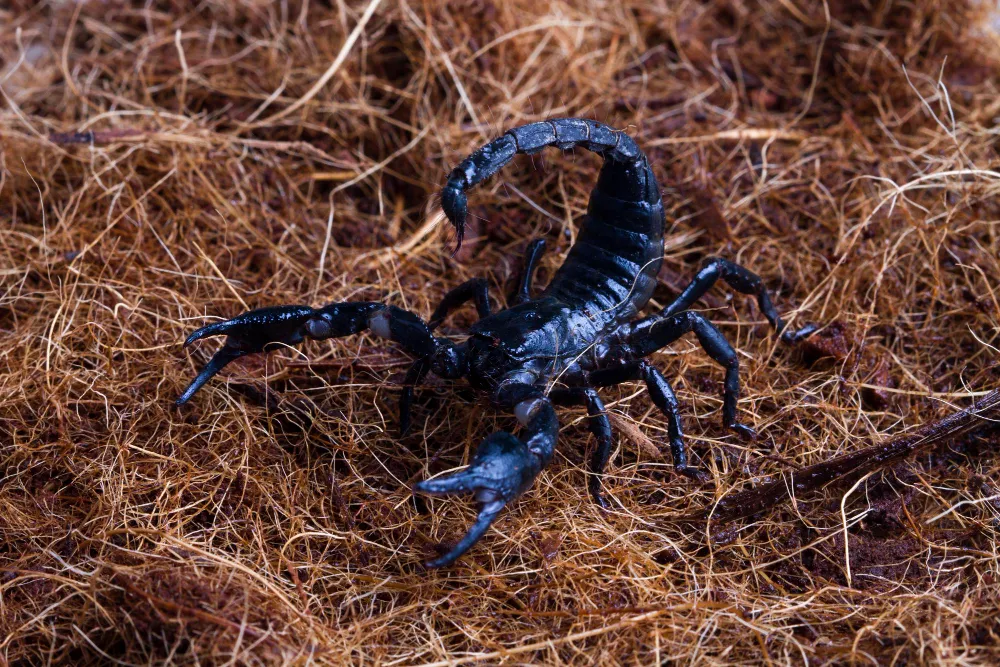What You Need to Know About Scorpions in Phoenix: A Comprehensive Guide to Understanding Their Behavior, Habitat, and Safety Precautions
This comprehensive guide delves into the intriguing world of scorpions in Phoenix, offering readers an in-depth understanding of their behavior, habitat, and the essential safety precautions to take. With a focus on high-quality information and practical insights, this article caters to a diverse audience, ensuring that both residents and visitors alike can navigate their interactions with these fascinating arachnids.
Equip yourself with the knowledge needed to coexist safely and respectfully with one of nature’s most enigmatic creatures.

Understanding Scorpions
What Are Scorpions?
Scorpions are arachnids belonging to the class Arachnida and the order Scorpiones. They are characterized by their eight legs, segmented bodies, and a pair of pincers. Scorpions are often recognized for their distinctive tails, which end in a venomous stinger. In Phoenix, several common species can be found, including the Arizona bark scorpion, desert hairy scorpion, and Arizona striped tail scorpion.
Unique characteristics of scorpions include their ability to fluoresce under ultraviolet light, a feature that aids in their identification and study. They are also known for their resilience, having adapted to survive in some of the harshest environments on Earth.
Scorpion Behavior and Habits
Scorpions are primarily nocturnal creatures, meaning they are most active during the night. This behavior helps them avoid the extreme heat of the desert sun. Their hunting and feeding behaviors are quite fascinating; scorpions are predatory and typically feed on insects and other small invertebrates. They use their pincers to capture prey and their venomous sting to subdue it.
Mating rituals among scorpions can be elaborate, often involving a courtship dance where the male and female engage in a series of movements to align their bodies for mating. After mating, females give birth to live young, which they carry on their backs until they are ready to fend for themselves.
Scorpion Habitat in Phoenix
Natural Habitats of Scorpions
Scorpions thrive in a variety of environments, with typical habitats including deserts, rocky areas, and beneath logs or stones. The desert ecosystems of Phoenix provide an ideal setting for scorpions, offering shelter and abundant prey. Seasonal changes can affect scorpion habitats; during warmer months, they may be found deeper in the soil or hiding in shaded areas to escape the heat.
Scorpions in Urban Areas
Urbanization has a significant impact on scorpion populations. As cities expand, scorpions often find their way into residential areas, seeking shelter and food. Common places to find scorpions in Phoenix homes include garages, basements, and around outdoor lighting fixtures.
To identify scorpion habitats around your property, look for areas with debris, such as piles of rocks or wood, and check under outdoor furniture. Maintaining a clean and clutter-free environment can help reduce scorpion presence.
Safety Precautions
Preventative Measures
To deter scorpions from entering your home, consider implementing several home maintenance tips. Regularly seal entry points, such as gaps around doors and windows, and ensure that screens are intact. Landscaping strategies, such as keeping vegetation trimmed and removing debris, can also minimize scorpion presence in your yard.
What to Do If You Encounter a Scorpion
If you encounter a scorpion, it is essential to know the first aid steps for scorpion stings. Clean the sting site with soap and water, apply a cool compress to reduce swelling, and take over-the-counter pain relievers if necessary. In the case of an Arizona bark scorpion sting, which can be dangerous, seek medical attention immediately, especially if symptoms worsen.
There are many myths and misconceptions about scorpion stings, including the belief that all scorpion stings are lethal. While the Arizona bark scorpion is considered dangerous, most stings result in mild symptoms similar to a bee sting.
Conclusion
The Ecological Importance of Scorpions
Scorpions play a vital role in the ecosystem, serving as both predators and prey. They help control pest populations, contributing to the balance of the desert ecosystem. Encouraging respectful coexistence with wildlife is essential, as scorpions are a natural part of the environment.
Final Thoughts
In summary, understanding scorpions in Phoenix involves recognizing their behavior, habitat, and the necessary safety precautions. Educating others about scorpion safety is crucial for fostering a safe environment for residents and visitors alike. For further information on scorpions and local wildlife, consider consulting resources from Arizona health sciences or local pest control experts.

Fast Response Time
We know how inconvenient pests are, so we respond quickly and provide service within 24 hours.

Kindly Pest Guarantee
We stand by our work with free re-services. If pests return between your scheduled services, we’ll come back at no cost.

Comprehensive Pest Coverage
Our protection program covers more than just the “easy” pests. We handle 29 of the most common household pests.